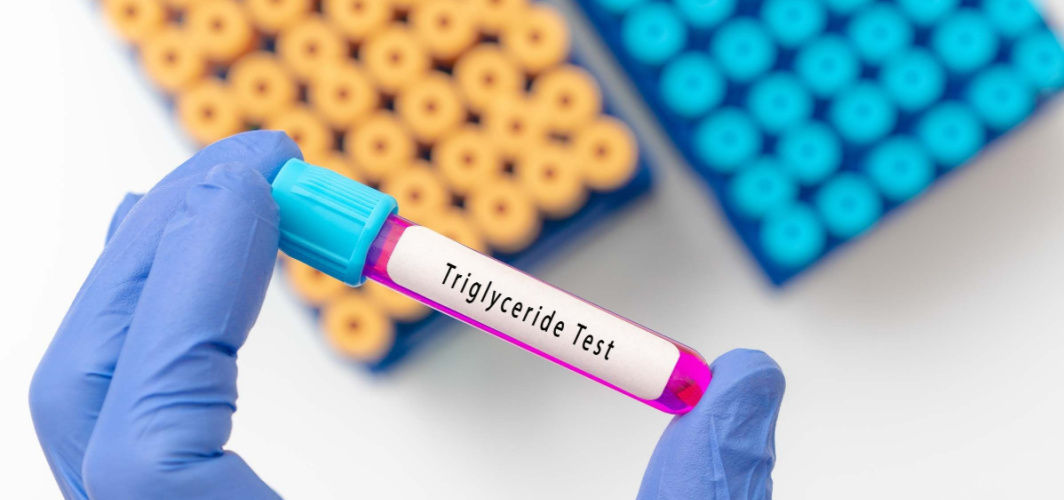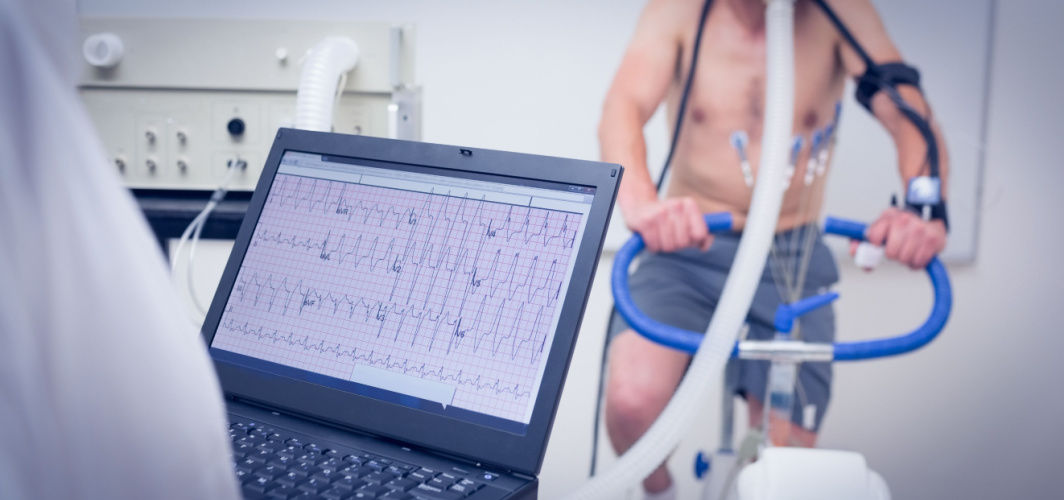Heart Conditions
The Truth about Coffee and Heart Health
6 min read
By Apollo 24/7, Published on - 01 April 2021, Updated on - 26 June 2023
Share this article
3
47 likes

Coffee is undoubtedly one of the most popular beverages in the world. Some people find the smell and taste of coffee addictive. Research reveals that there are around 1,000 antioxidants in unprocessed coffee beans, which is way more than what is present in cocoa and green tea. The caffeine present in coffee stimulates the central nervous system, making people more alert.
Equally, there has been a constant debate over the effects of coffee on heart health. While some research suggests that coffee helps in maintaining the health of the heart and blood vessels, others indicate that excess coffee consumption can increase the risk of cardiovascular events such as a heart attack or stroke. The truth might lie somewhere in between and we shall try to demystify that.
Positive effects of coffee on the heart
Research conducted in the past has shown that coffee has a positive effect on the heart, some of which include:
- A study published in the Journal of the American Heart Association in 2018 showed that consuming three cups of coffee a day can reduce the risk of plaque build-up inside the arteries of the heart (atherosclerosis) in non-smokers.
- Research published in the journal BMJ Heart in 2019 found that drinking 3 or more cups of coffee a day reduces the risk of cardiovascular diseases. In this research, scientists from the Queen Mary University of London examined 8412 participants and found that coffee consumption prevents stiffening of the arteries, thereby reducing the risk of suffering from heart diseases.
- It has also been found that coffee beans are loaded with magnesium, potassium, niacin and polyphenols (anti-inflammatory agents), which help in reducing blood sugar levels and improving the contraction and relaxation of blood vessels. This decreases the risk of developing diabetes and also reduces the risk of cardiovascular diseases.
Negative effects of coffee on the heart
While there are definite positive effects of coffee, the negative aspects of drinking coffee have also revealed interesting facts:
- A study published in the International Journal of Scientific and Research Publications concluded that the caffeine found in coffee can not only increase blood pressure but also systemic vascular resistance, which is the resistance provided to the flow of blood from the blood vessels. The study further revealed that:
- Blood pressure and heart rate can rise significantly, 60 minutes after consuming coffee.
- After 60 minutes the blood pressure of those who consumed coffee increased from 116.6 to 128.3 mm Hg and the heart rate increased from 72.9 to 77.3 beats per minute, while the control group did not show any change.
- Another research published in the American Journal of Clinical Nutrition found that regular consumption of coffee can reduce the flexibility of the aorta, the largest blood vessel of the heart. This increases the risk of atherosclerotic heart disease, myocardial infarction (heart attack), heart failure and stroke.
Recommended Read: Explained: Heart Attack, Cardiac Arrest, and Heart Failure
To drink or not to drink coffee?
Your favourite morning brew (the right amount of it) can offer more than one health benefit and can continue to be part of your lifestyle, provided you keep these two important points in mind:
1. Moderation
Scientists believe that chlorogenic acid, an antioxidant found in coffee, helps in improving the functioning of blood vessels and prevents plaque build-up in the arteries. However, too much caffeine can increase blood pressure and stiffen the arteries, thereby increasing the risk of developing heart diseases. To reap the benefits of coffee and to avoid its side effects, it must be consumed in the right amount, and not excessively.
2. Brewing method
Recent research published in the European Journal of Preventive Cardiology determined that different brewing methods of coffee can affect deaths caused by heart diseases. The 20-year study (from 1985 to 2003) done on 508,747 Norwegian men and women between the age of 20 to 79 years established that:
- People who drank filtered coffee were 15% less likely to die prematurely (from any cause) as compared to those who didn’t drink coffee.
- Filtered coffee reduced the risk of dying from cardiovascular disease by 12% in men and 20% in women as compared to participants who didn’t consume coffee at all.
- Unfiltered coffee, on the other hand, increased the risk of death by cardiovascular diseases in men aged above 60 years.
Does coffee have any overall health benefits?
Various studies have shown the positive effects of coffee on overall health. Some of these include:
- A study published in the American Journal of Clinical Nutrition found that consumption of caffeine not only boosts the metabolic rate by 3% to 11% but also promotes burning of fat by 10% in obese and 29% in lean people.
- Chlorogenic acid, a polyphenol found in coffee, is known to reduce inflammation and prevent obesity.
- As per the research published in the European Journal of Neurology, caffeine found in coffee can significantly reduce the risk of developing Alzheimer’s Disease.
- Research published in the journal Diabetologia found that drinking 3 cups of coffee or tea can reduce the risk of type 2 diabetes by approximately 42%. It is believed that the antioxidant and anti-inflammatory property of coffee helps in burning excess calories, which improves the absorption of insulin in the body.
- Various studies have concluded that coffee consumption can reduce the risk of developing several liver diseases such as non-alcoholic fatty liver disease, cirrhosis (scarring) and even liver cancer.
How much coffee consumption is safe for the heart?
While coffee is believed to boost energy levels, it cannot replace the combination of a well-balanced diet, regular exercise and proper sleep. Several sources, like the FDA, Mayoclinic and others have said that for healthy adults, up to 400 milligrams (mg) per day is a safe amount which will not cause side effects. This translates to roughly 4 cups of brewed coffee. However, it must be noted that this dose may vary for pregnant and lactating women or those with existing heart conditions.
Coffee must not be consumed before bedtime as caffeine can stay in the bloodstream for 6 hours after drinking and can hinder a sound sleep. It is also advised that pure and highly concentrated caffeine products must be avoided to maintain better heart health.
Excess consumption of coffee can make one feel jittery, anxious and dizzy. The other side effects of drinking too much coffee include:
- Increased heart rate
- Palpitations
- Headache
- Sleep disturbances.
Recommended Read: What Does Your Heart Rate Tell You?
Studies have found a direct link between drinking coffee and coronary heart disease. However, various other studies claim that coffee is healthy for the heart. To avoid any negative effects of coffee, it must be consumed in the right amount. People with previously diagnosed heart conditions must consider reducing their coffee consumption or switching to decaffeinated coffee.
Heart Conditions
Leave Comment
Recommended for you

Heart Conditions
7-Day Diet to Lower Triglycerides Naturally
Triglycerides are fat that the body stores and uses for energy. Elevated levels of triglycerides can increase the risk of various health problems. This comprehensive article provides insights into triglycerides, diet types, and a 7-day meal plan designed to promote overall health and well-being.

Heart Conditions
Can High BP in Middle Age Cause Brain Damage Later?
A new study has stated that having high blood pressure in the 40s and 50s can lead to significant damage to brain tissue in later life.

Heart Conditions
Types Of Heart Tests: Uses And When To Contact A Doctor
Heart tests are crucial for monitoring overall heart health, and diagnosing abnormalities and signs of serious diseases. Learn more about when to contact a doctor for heart-related concerns.
Subscribe
Sign up for our free Health Library Daily Newsletter
Get doctor-approved health tips, news, and more.
Visual Stories

Easy Cardio Exercises to Keep Your Heart Healthy
Tap to continue exploring
Recommended for you

Heart Conditions
7-Day Diet to Lower Triglycerides Naturally
Triglycerides are fat that the body stores and uses for energy. Elevated levels of triglycerides can increase the risk of various health problems. This comprehensive article provides insights into triglycerides, diet types, and a 7-day meal plan designed to promote overall health and well-being.

Heart Conditions
Can High BP in Middle Age Cause Brain Damage Later?
A new study has stated that having high blood pressure in the 40s and 50s can lead to significant damage to brain tissue in later life.

Heart Conditions
Types Of Heart Tests: Uses And When To Contact A Doctor
Heart tests are crucial for monitoring overall heart health, and diagnosing abnormalities and signs of serious diseases. Learn more about when to contact a doctor for heart-related concerns.